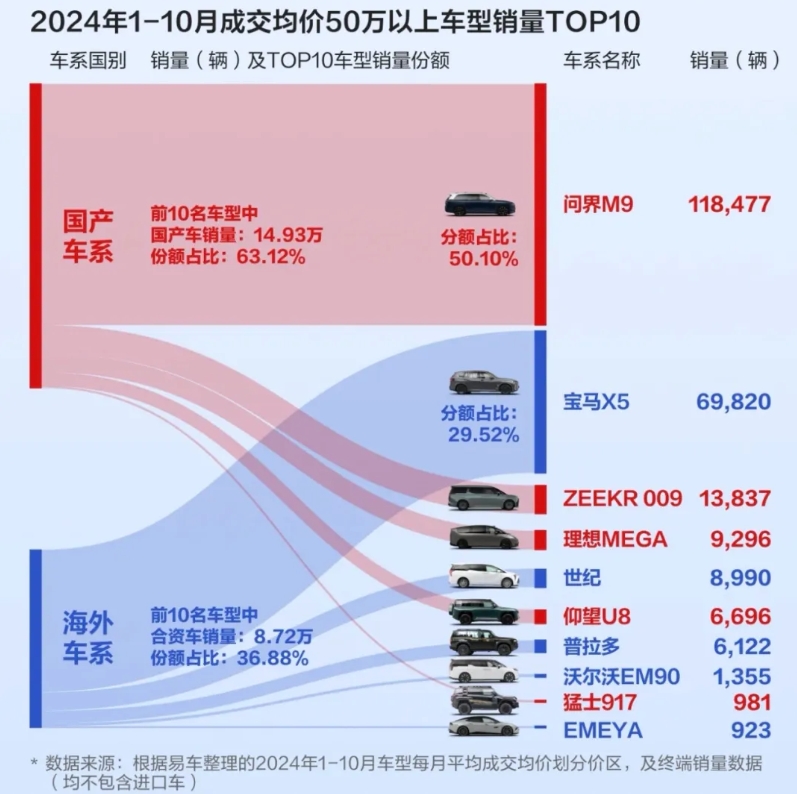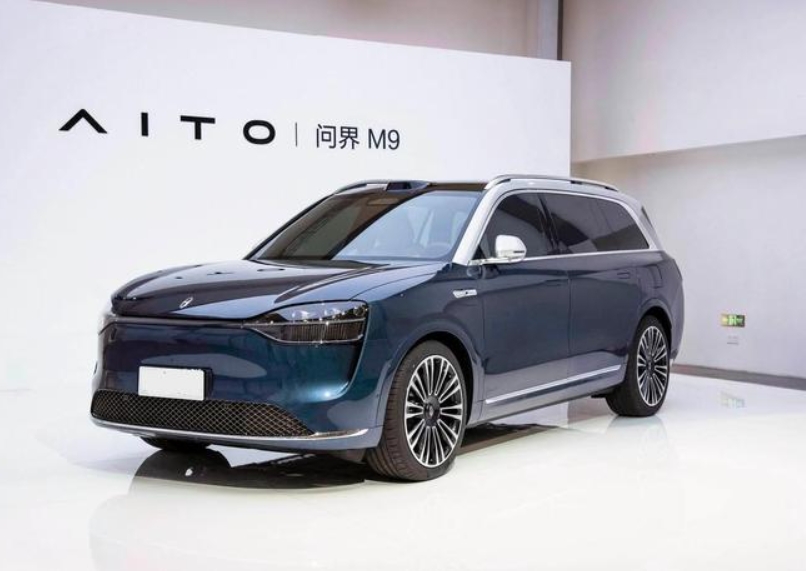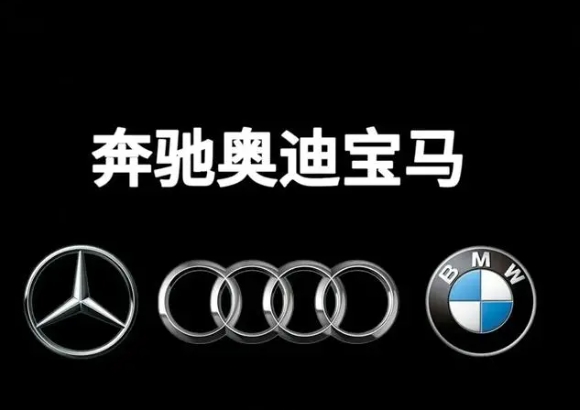Revolution in China's Luxury Car Market: Domestic Brands Secure 63% Share of Over-500,000-Yuan Segment, Challenging BBA's Dominance
![]() 12/30 2024
12/30 2024
![]() 465
465
China stands as the world's foremost producer and consumer of automobiles, with annual production and sales exceeding 30 million vehicles.
However, a lesser-known fact is that among these millions of vehicles, those priced above 500,000 yuan constitute less than 3% of the total, and this elite segment has traditionally been dominated by foreign brands.
At the pinnacle are prestigious names like Rolls-Royce, Bentley, Porsche, and Maybach, followed closely by the likes of BBA, Volvo, Lexus, and Cadillac.

Historically, domestic brands have primarily focused on the more affordable 100,000-yuan and below, or the 100,000-to-200,000-yuan segments, leaving the 500,000-yuan-and-above market almost exclusively to foreign players.
But with domestic automakers soaring ahead in the new energy sector, the luxury car landscape has undergone a remarkable transformation.
Considering 2023 data, China's 500,000-yuan-plus market saw sales of 560,000 units. Among them, the BMW X5L alone accounted for 93,800 units, securing a market share of roughly 16% and topping the charts. Nearly all other vehicles in this price bracket were foreign brands, with domestic counterparts trailing behind.
Fast forward to 2024, and the scenario has drastically changed.

The chart above, compiled by the media based on BitAuto data, illustrates the market share of various models priced above 500,000 yuan in China from January to October 2024 (excluding imports).
As evident, domestic brands have seized over 63% of the market share, leaving foreign brands with less than 37% combined. Domestic brands now reign supreme.
Within the domestic segment, the Wenjie M9 sold an impressive 118,477 units, capturing 50.1% of the market—a single model accounting for more than half the share.

Trailing behind in second place was the BMW X5L with sales of 69,820 units and a market share of 29.52%. Among the top 10, five positions were occupied by domestic brands, and five by foreign brands.
This shift signifies a profound change from the past, indicating that Chinese consumers are no longer as captivated by foreign brands and are increasingly embracing domestic cars.
What prompted this rapid transformation? In the past, owning a luxury car was more a symbol of status and wealth, with many individuals using their vehicles as a means to showcase their success.
Today, as wealth accumulates, individuals no longer feel the need to flaunt their status through their cars. The perception of brand power has evolved, with consumers now valuing technological innovation and enhanced user experience alongside brand reputation.
Domestic cars have indeed surpassed traditional luxury brands in terms of technology and user experience, catering to diverse needs and dismantling stereotypes associated with domestic automotive offerings.
As Chinese brands continue to strive for excellence in luxury, technology, comfort, and user experience, these traditional luxury brands face unprecedented challenges. Whether they can maintain a firm foothold in the Chinese market remains an open question.








